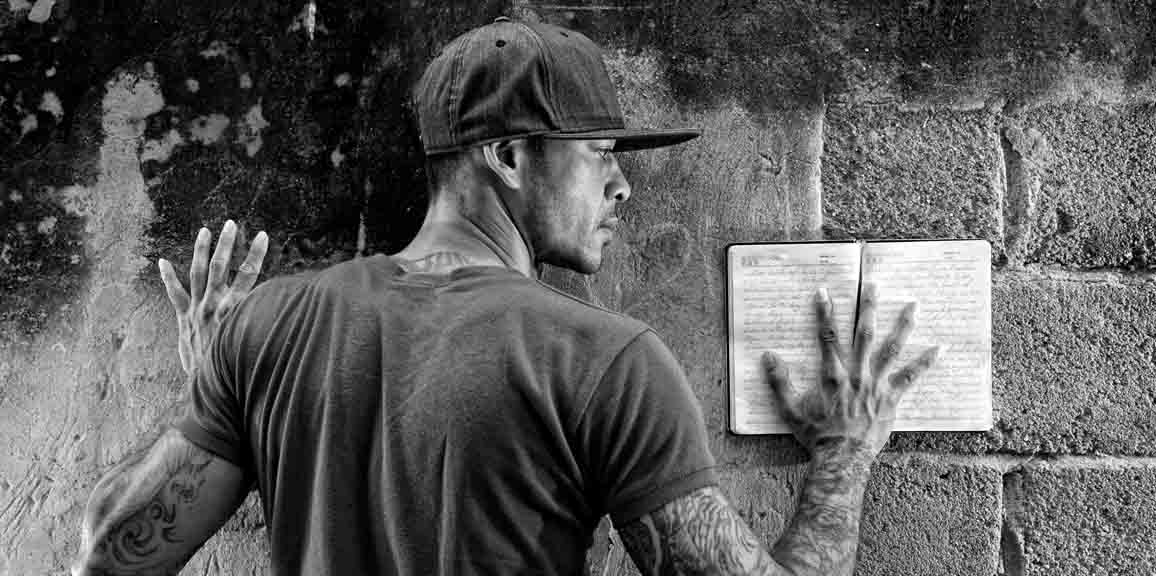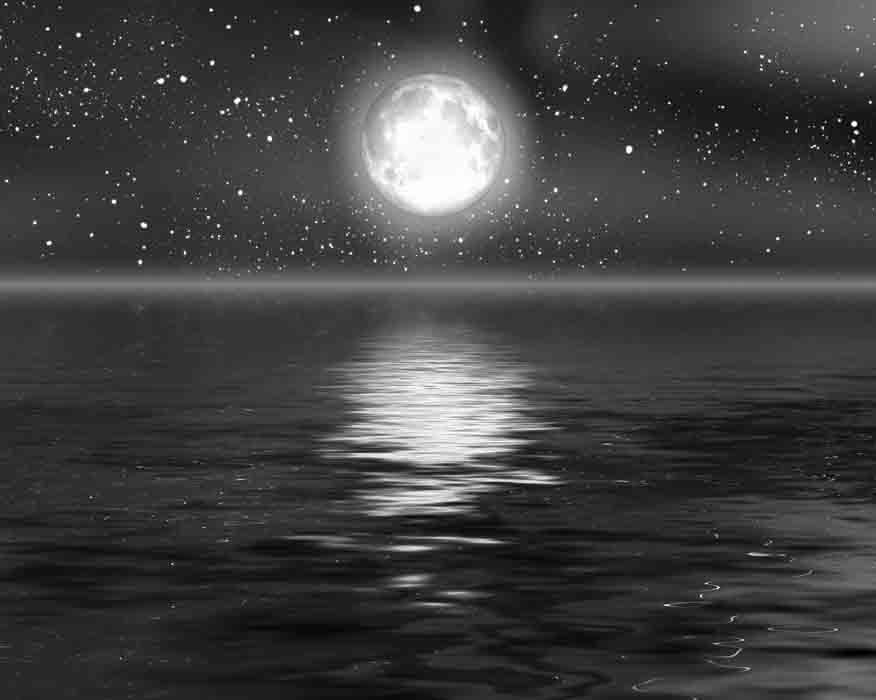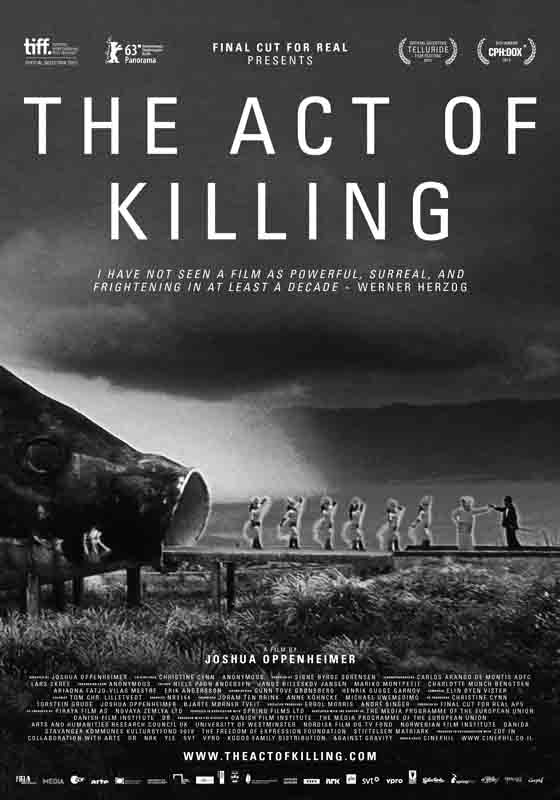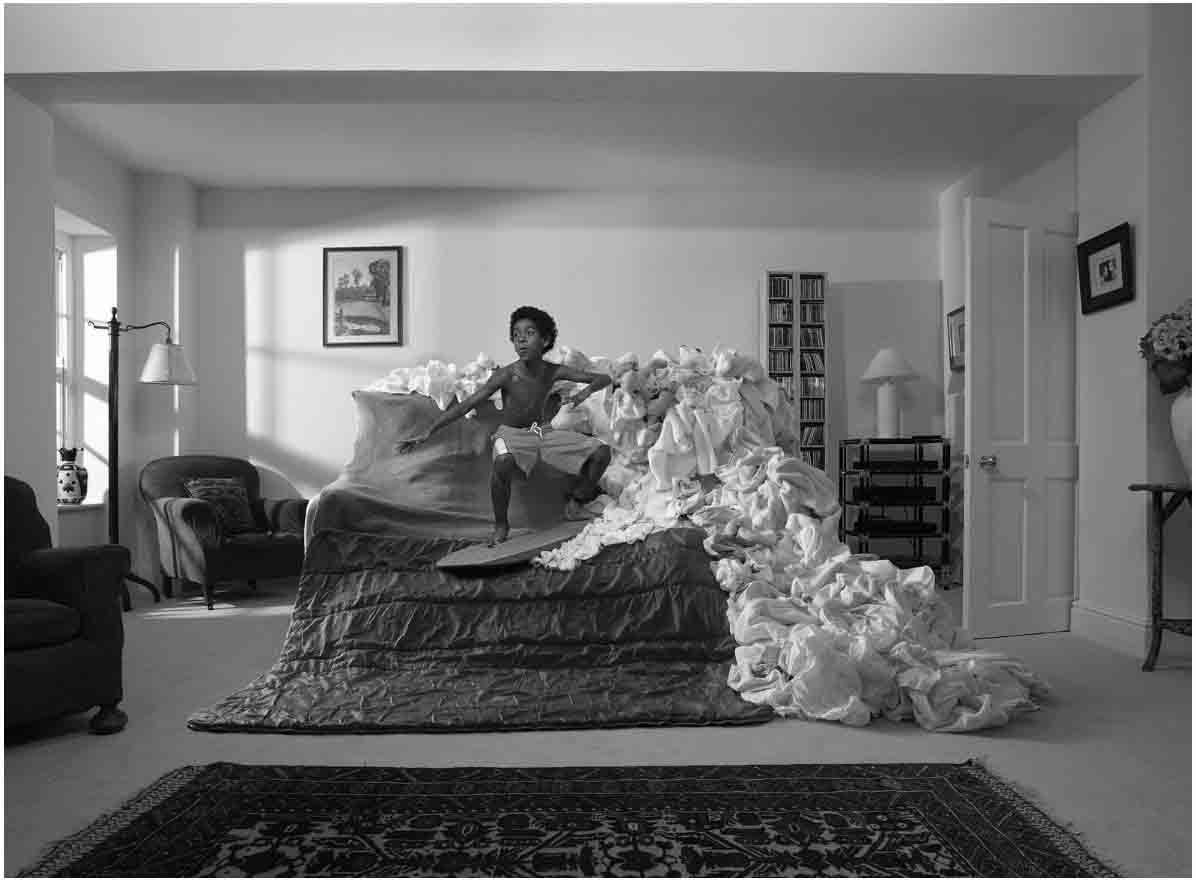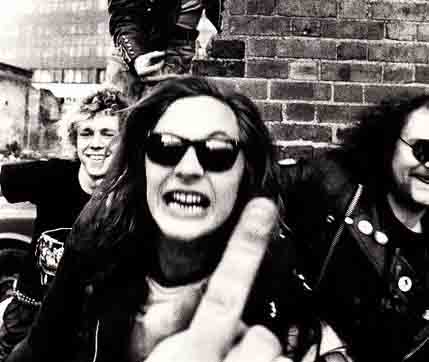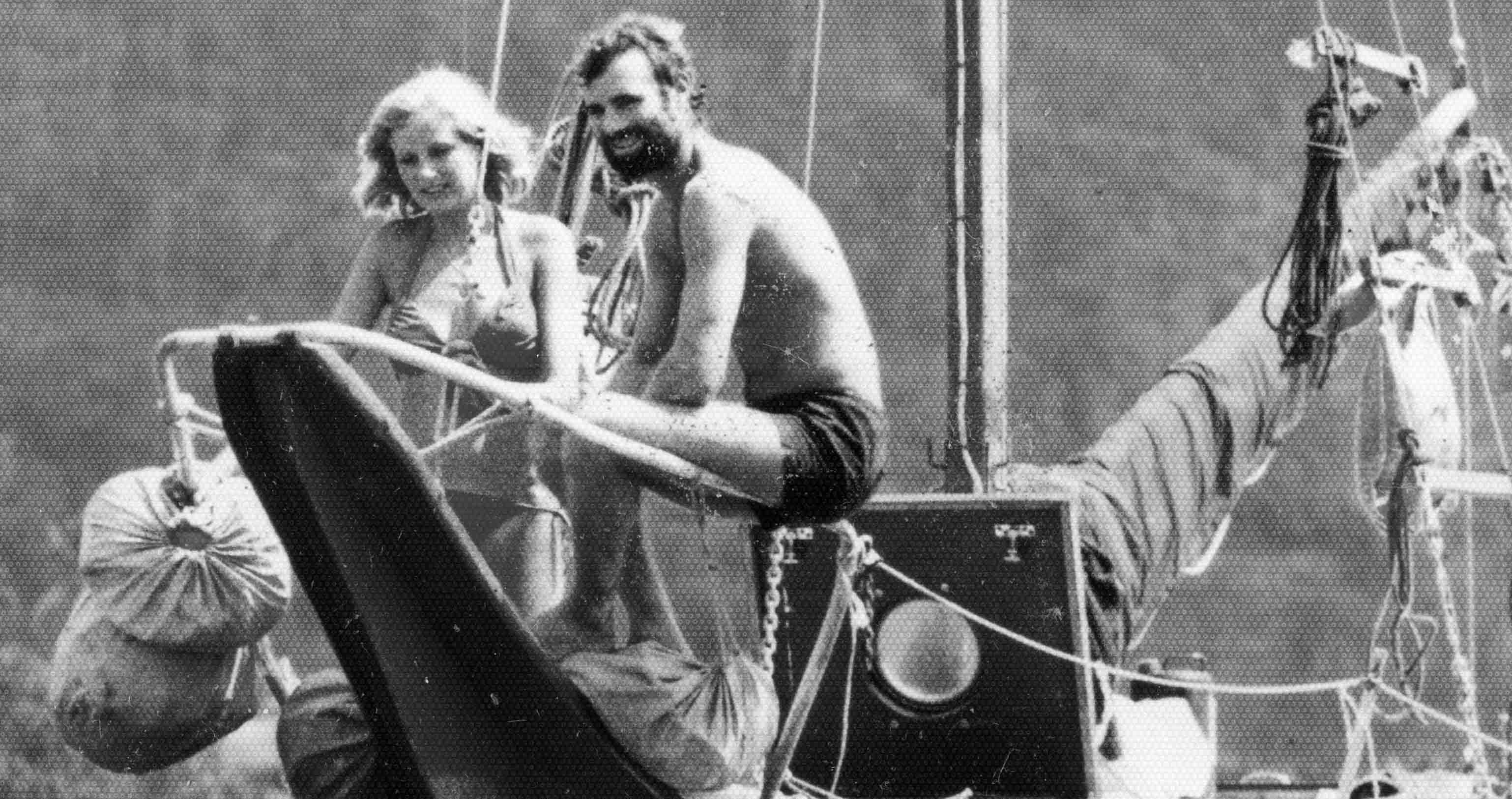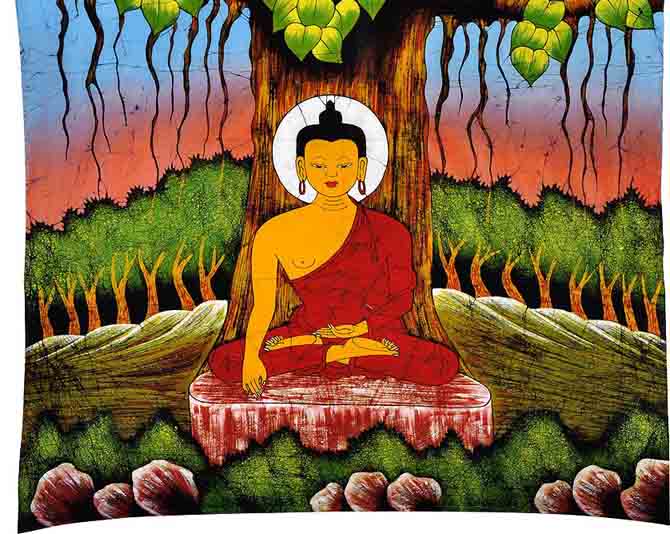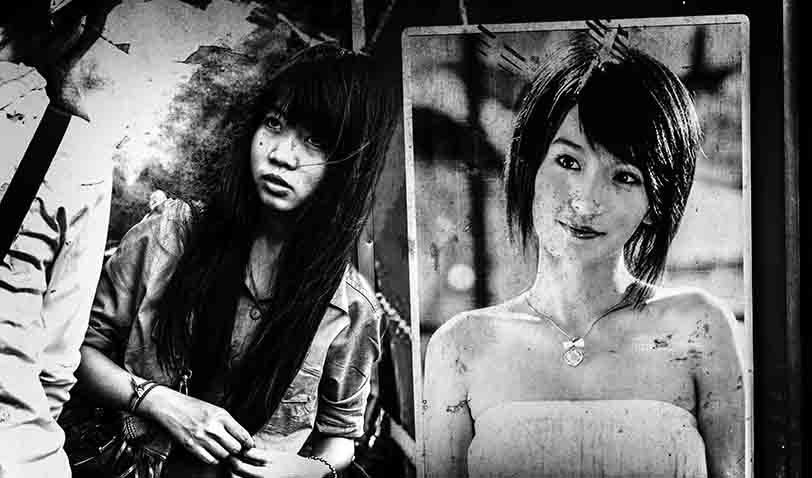THURSDAY 17 |Bored with w conventional poetry recitals so snobbish almost no one in the audience was listening, Chicago-born Marc Kelly Smith – a self-described socialist who had been writing verse since the age of 19 – executed a dramatic ‘up yours’ to the literary establishment in 1984 with the launch of the world’s first poetry slam. A departure from the naval-gazing norm of genteel readings, the slam injected an element of fierce competition: poets performed; cheering (or booing) onlookers acted as judge, jury and execution. In September 1992, when Smithsonian magazine covered the poetry slam phenomenon, the reporter described Smith as “almost visionary on the need to rescue poetry from its lowly status in the nation’s cultural life”. The spoken word revolution had begun. It would take a further three decades for the movement sparked by ‘Slam Papi’ to reach Cambodian shores, but when it did – in the form of US deportee Kosal Khiev, a Cambodia-born convict who discovered poetry while serving time for attempted murder – it carried with it the necessary tinder to light a new, more local revolution. In a culture where creative self-expression remains largely an alien concept, Kosal and fellow spoken word artists Kaztet Dee, Poet G and Myley Rattle are uniting for one very special performance.
WHO: Kosal Khiev, Kaztet Dee, Poet G and Myley Rattle
WHAT: Poetry slam
WHERE: Show Box, Street 330 & 113
WHEN: 7:30pm April 17
WHY: “The very word ‘poetry’ repels people. Why is that? Because of what schools have done to it. The slam gives it back to the people… We need people to talk poetry to each other. That’s how we communicate our values, our hearts, the things that we’ve learned that make us who we are.” – Marc Smith
